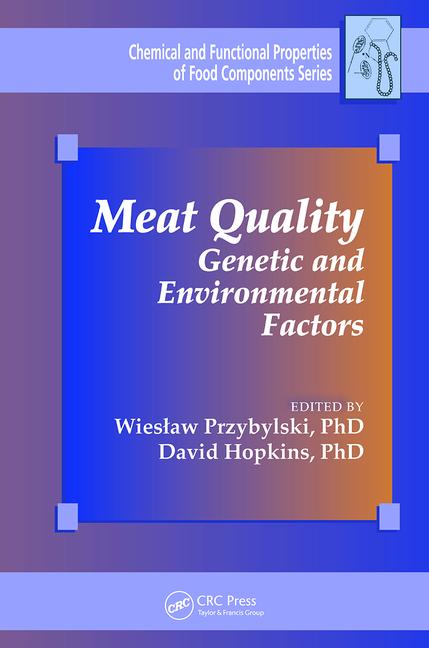On April 28, 2020, President Donald Trump issued an Executive Order directing the Secretary of Agriculture to make use of the Defense Production Act (DPA) to assist meat and poultry companies in continuing to remain in operation or returning to operation during the COVID-19 pandemic. Under the order, beef, pork, and poultry are deemed “critical” materials per Section 101(b) of the Defense Production Act. Section 101(b) allows the President to control the general distribution of any “critical material” in the civilian market under certain circumstances.
Although the Executive Order as well as President Trump’s and Secretary Perdue’s subsequent statements make clear they expect meat and poultry plants to resume full operations, there are several questions that remain unanswered with the Executive Order.
Affirmation process
Meat and poultry establishments are expected to follow the CDC/OSHA Joint Interim Guidance for Meat and Poultry Workers and Employers (CDC/OSHA Guidance) to maintain or resume operations. In discussions with FSIS leadership, they have indicated USDA is working with officials from CDC and OSHA to establish an affirmation process wherein an establishment could provide documentation that the CDC/OSHA Guidance has been implemented at their facility.
USDA has not announced their expectations for the affirmation process, including whether all FSIS-inspected establishments will be expected to prepare an affirmation or whether it will only be required of establishments that have been forced to or voluntarily ceased operations to control the spread of COVID-19. While the expectations for the affirmation process are unclear, Secretary Perdue issued a letter to meat industry stakeholders on May 6, 2020, directing establishments without a clear timetable for resumption of operations to submit written documentation of their operation’s health and safety protocols based on the CDC/OSHA Guidance to foodsupplychain@usda.gov.
Can USDA override a state/local shutdown order?
Although several establishments have voluntarily paused production to perform testing, clean and disinfect facilities, or install physical barriers, some establishments have been forced to close by orders of state or local health departments. It remains to be seen if a USDA order under the DPA can override a state or local government’s decision. Under the DPA, USDA can direct an establishment to fulfill an existing customer order on national security grounds. However, state and local governments have extensive authority to protect public health. There have been very few cases that have raised the issue of whether a DPA order can override a shutdown order issued under state law. For its part, USDA has indicated that it will be working cooperatively with state and local governments to ensure production can resume.
Liability issues
There were media reports stating that the Executive Order was intended to have the effect of shielding meat and poultry companies against liability (e.g., workers’ compensation, negligence tort claims) if a worker becomes sick or dies while operations continue. Section 707 of the Defense Production Act provides: “[n]o person shall be held liable for damages or penalties for any act or failure to act resulting directly or indirectly from compliance with a rule, regulation, or order issued pursuant to [the DPA].” Although this reads broadly, most federal courts have interpreted Section 707 to primarily provide immunity against breach of contract claims from third-parties who face delayed or unfulfilled contracts due to a government order. No court has held that the DPA shields employers against liability for negligence.
No federal agency has taken the position that the order provides immunity for torts or worker’s compensation claims. However, OSHA has stated it will not take enforcement action against employers that make a good faith effort to implement the CDC/OSHA Guidance. Moreover, compliance with the CDC/OSHA Guidance may provide a defense for employers to demonstrate they met the applicable standard of care. Tort lawsuits (e.g., negligence, wrongful death) and worker’s compensation claims are both state law matters. The effect of the CDC/OSHA Guidance will vary from state to state. NP







